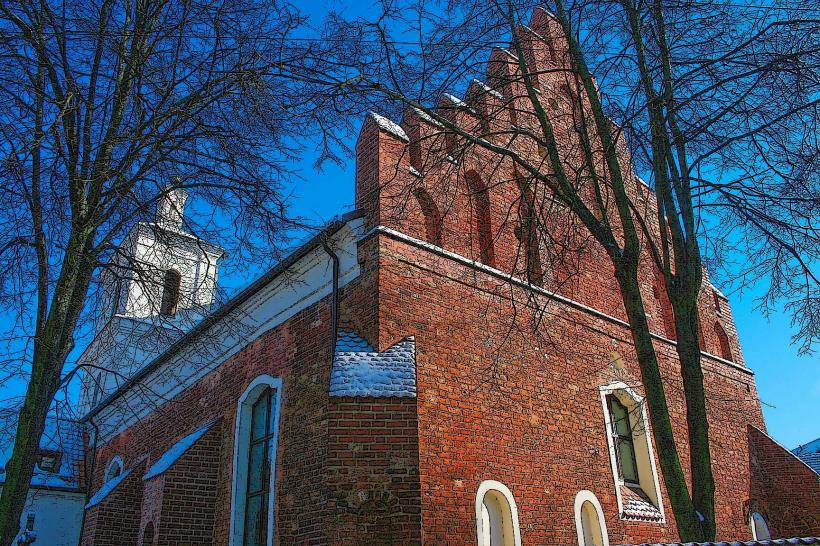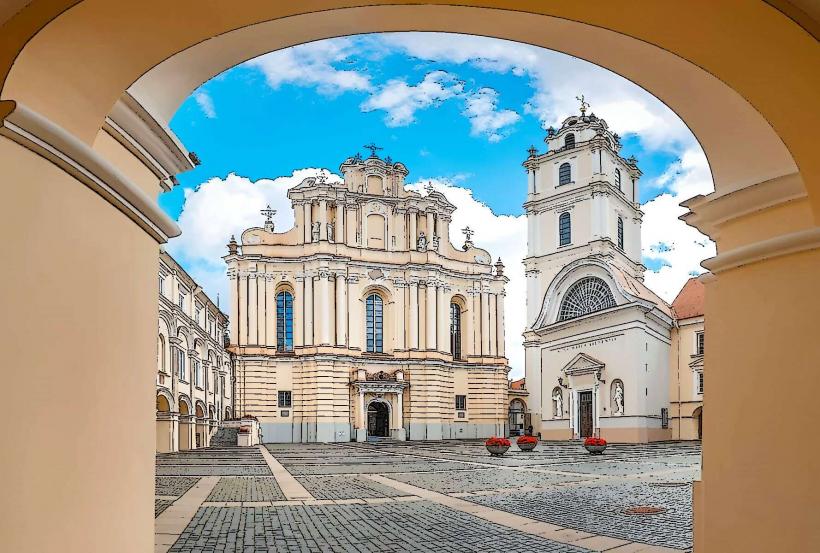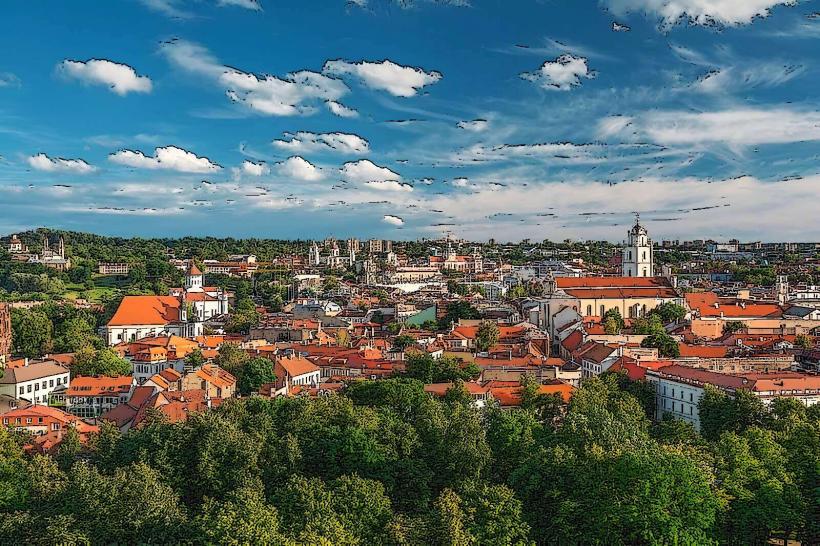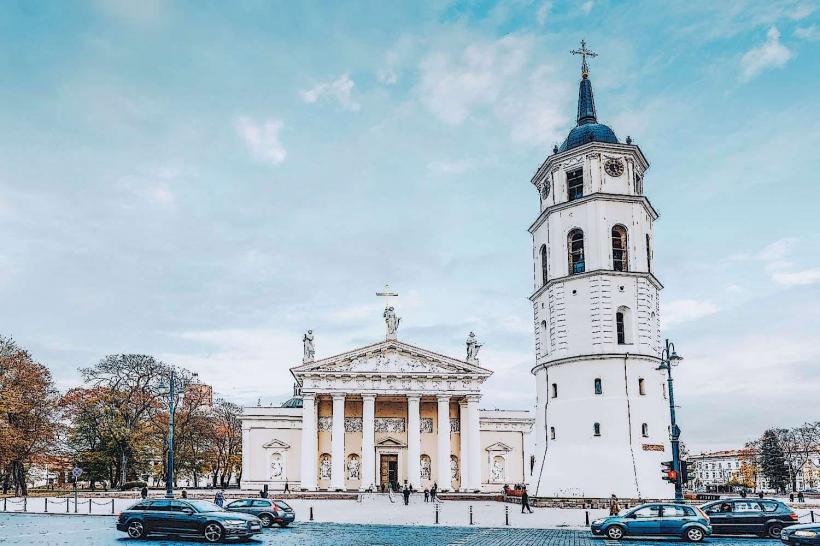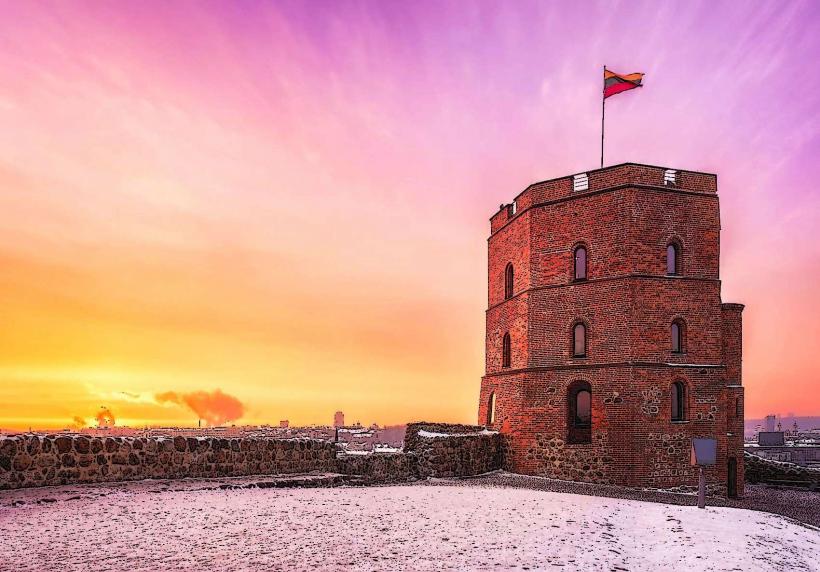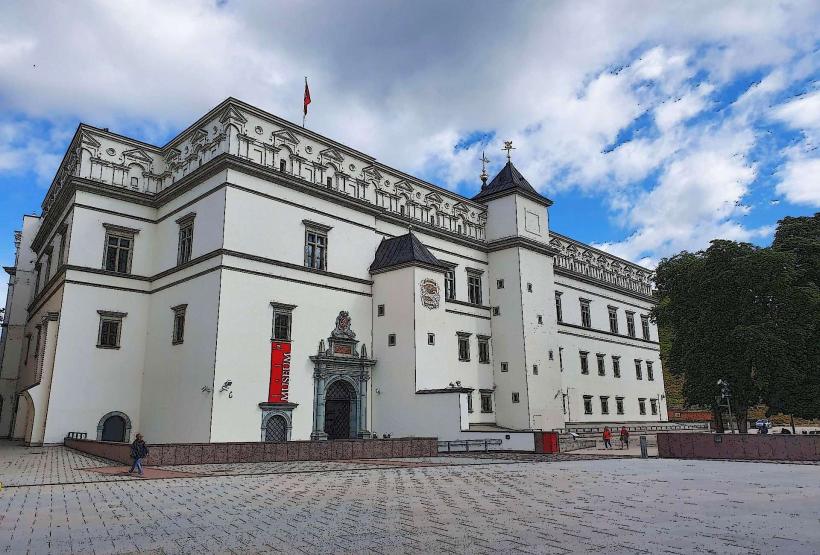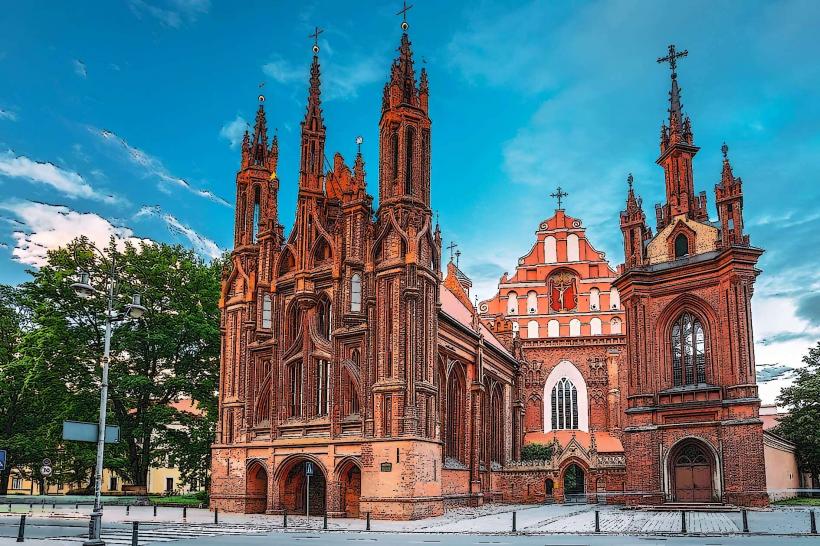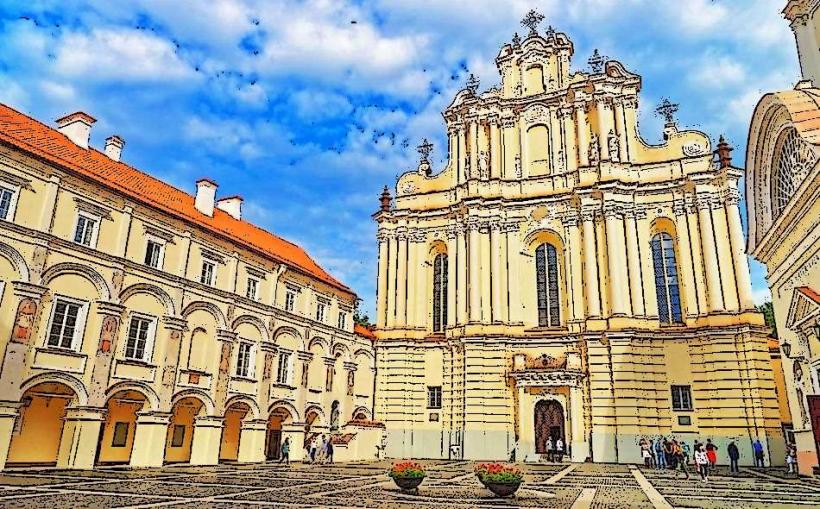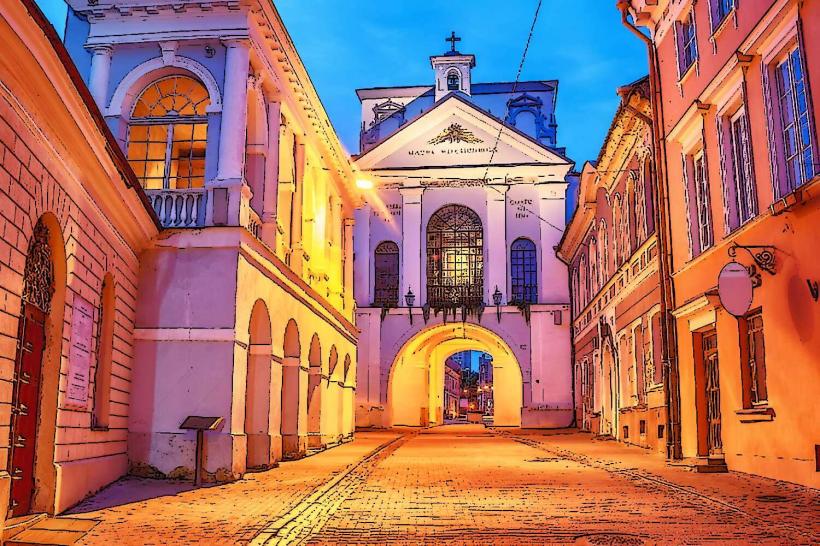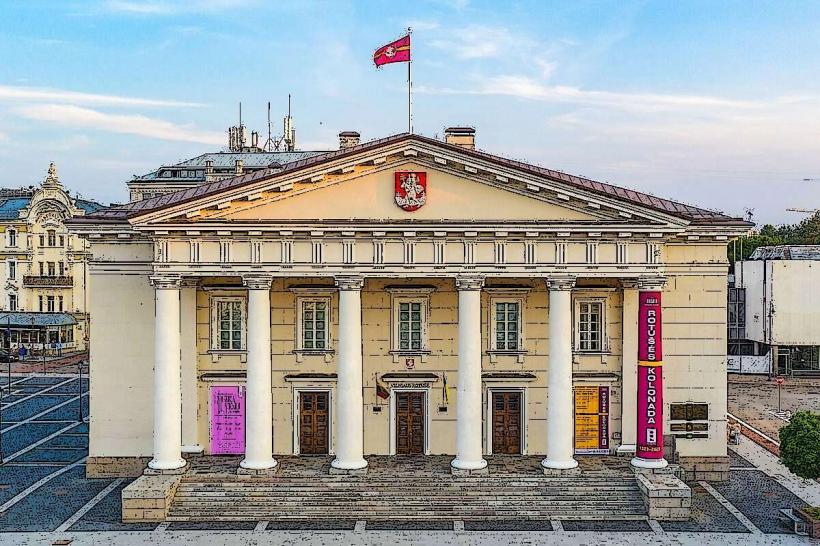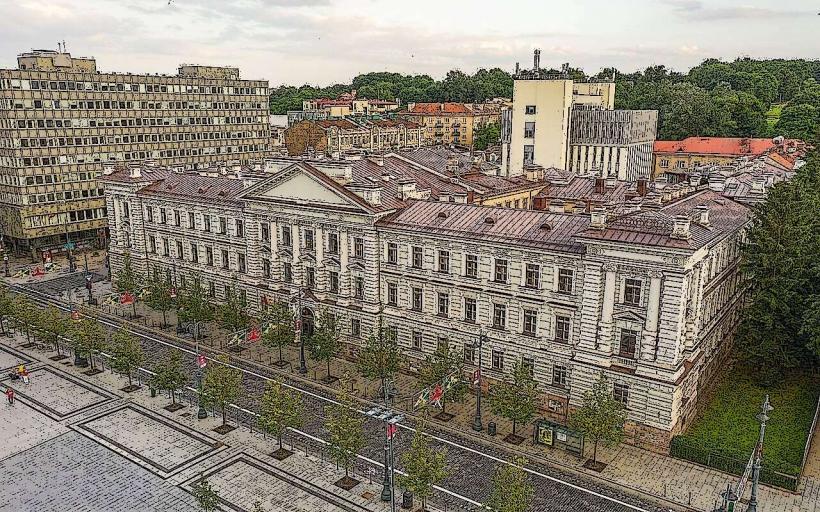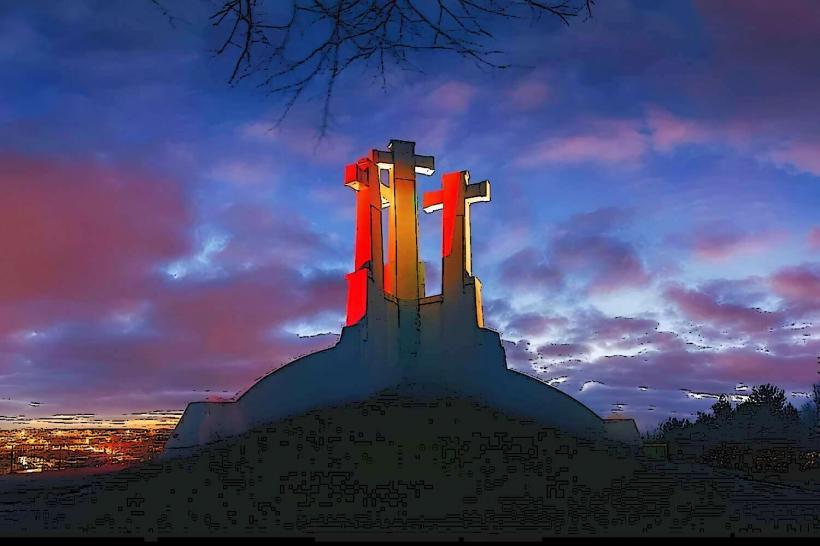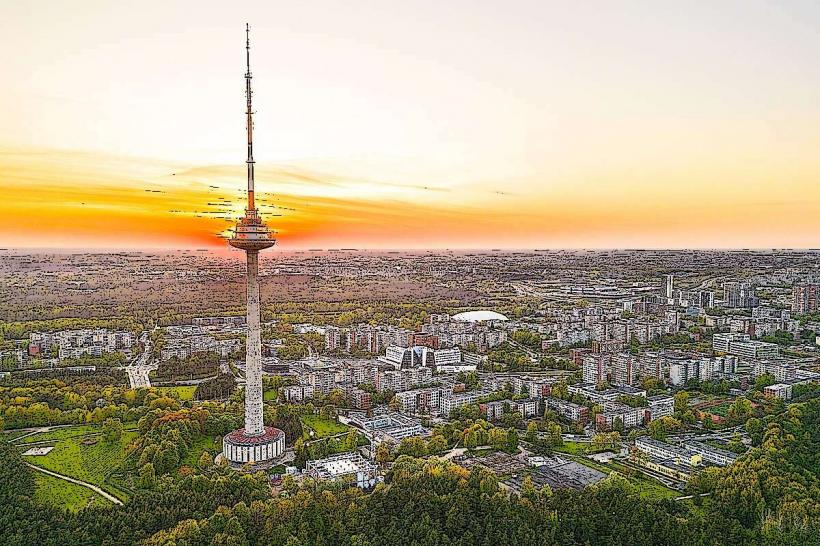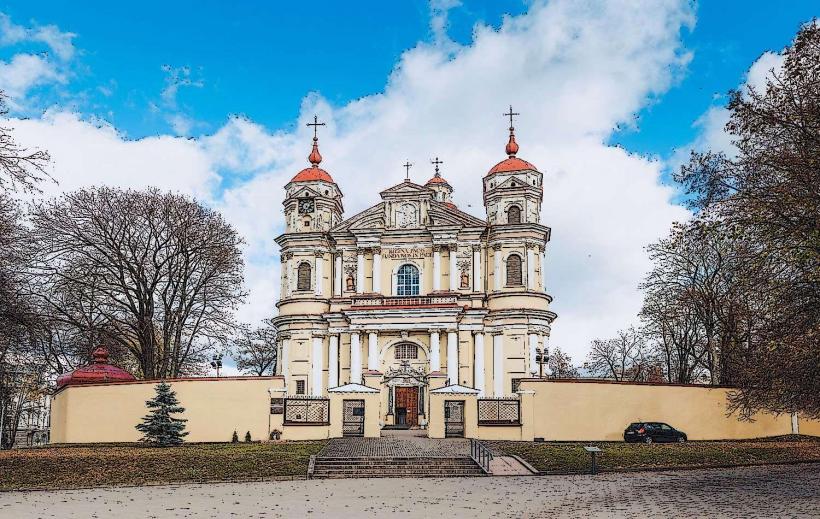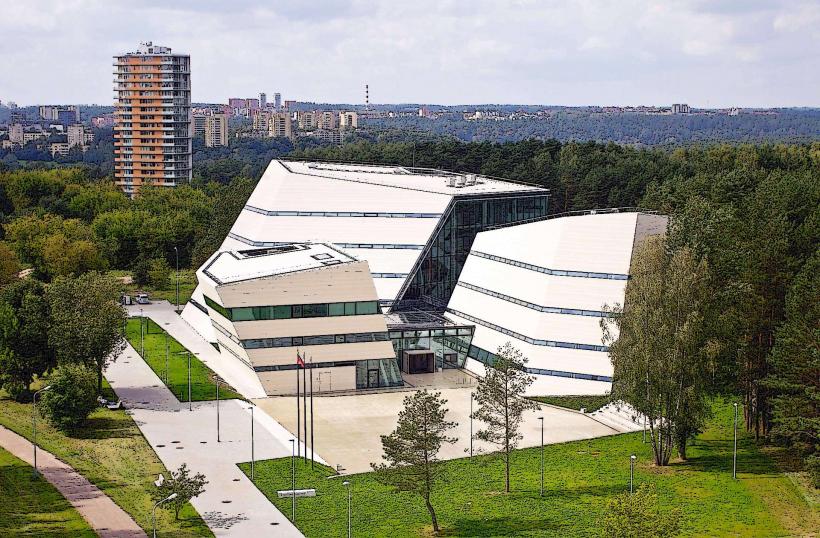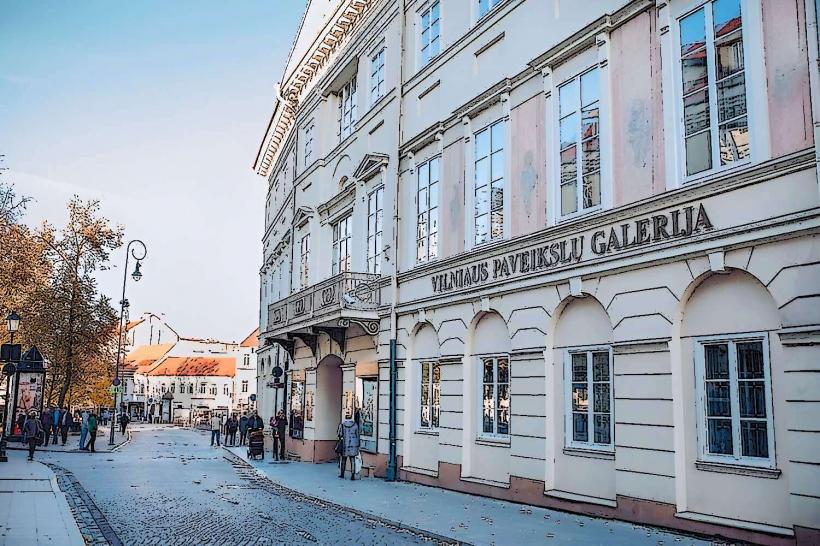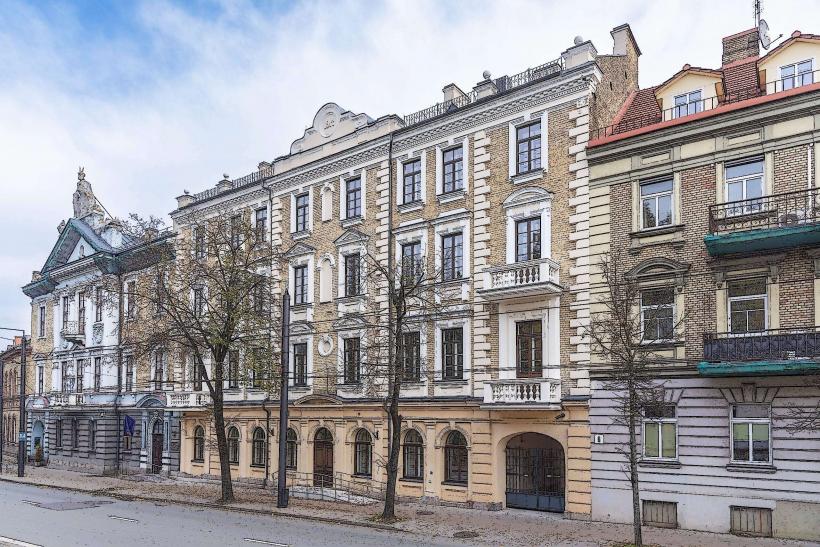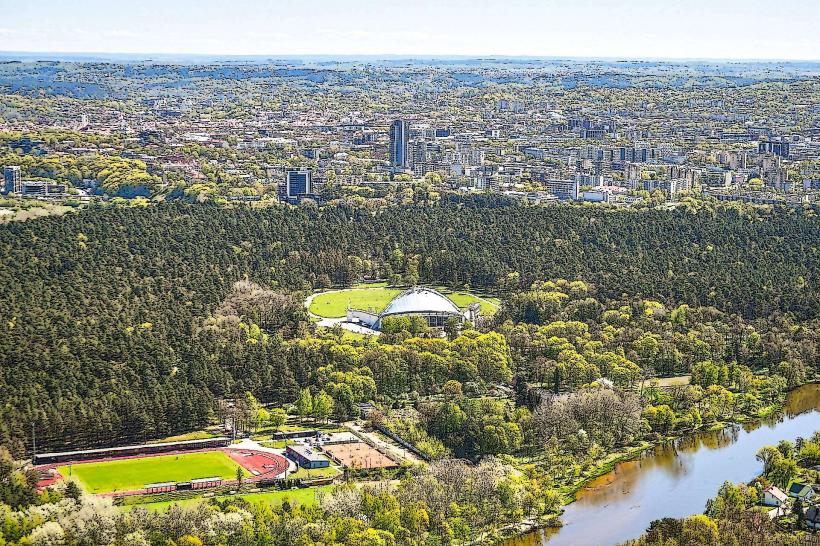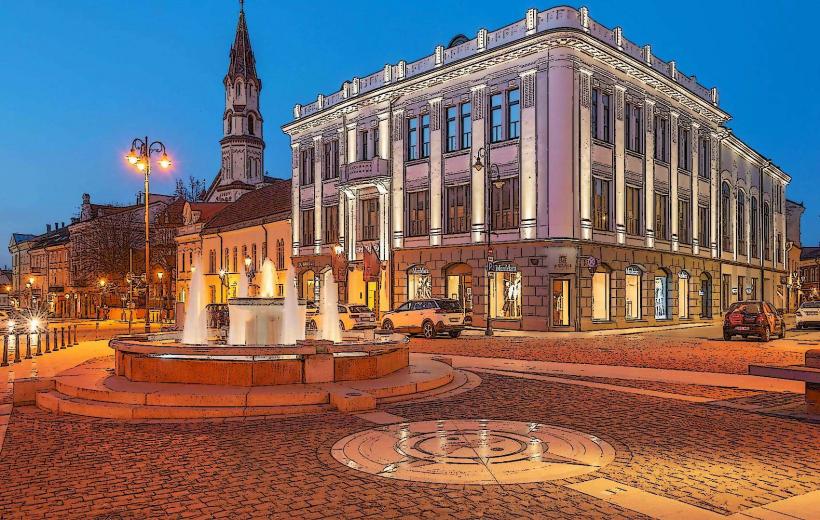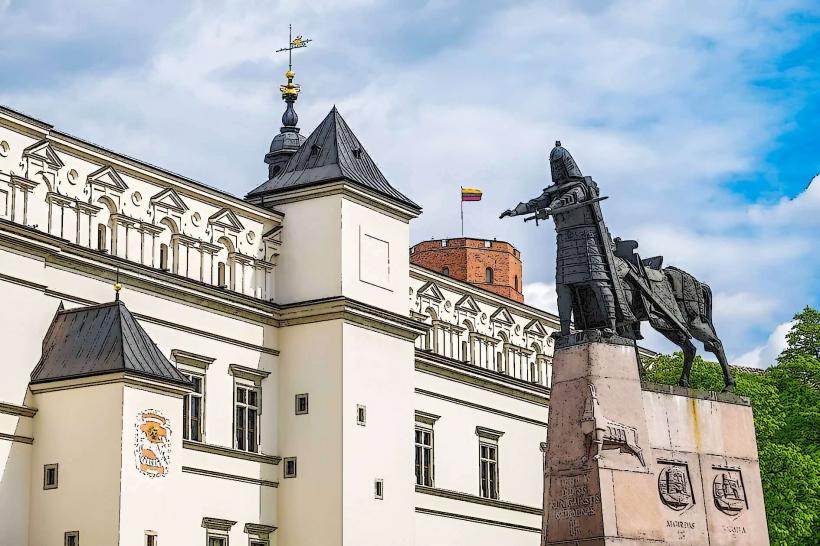Information
Landmark: Theatre, Music & Film MuseumCity: Vilnius
Country: Lithuania
Continent: Europe
Theatre, Music & Film Museum, Vilnius, Lithuania, Europe
Theatre, Music & Film Museum (Lietuvos teatro, muzikos ir kino muziejus)
The Theatre, Music & Film Museum in Vilnius is a significant cultural institution dedicated to preserving and showcasing the rich history and development of the performing arts in Lithuania. With a special focus on theatre, music, and film, this museum highlights the artistic evolution in these fields and their influence on the cultural identity of Lithuania.
History and Establishment
The Theatre, Music & Film Museum was founded in 1940, with the aim of collecting and preserving materials related to Lithuania's theatre, music, and cinema history. Over the years, it has become a key institution for researching and displaying the artistic heritage of Lithuania in these three fields.
The museum's creation was part of a larger effort to preserve Lithuanian cultural traditions, especially during the interwar period and throughout the Soviet era, when artistic expression faced political and ideological challenges. The museum has continued to adapt and grow, offering insights into Lithuania's evolving cultural landscape.
Exhibitions and Collections
The museum's collections span several centuries of cultural history, focusing on the following main themes:
Theatre:
- The museum has an extensive collection of theatrical costumes, set designs, scripts, and photographs that document the history of Lithuanian theatre.
- It explores the development of Lithuanian drama, including the emergence of Lithuanian-language theatre in the late 19th and early 20th centuries, as well as the work of iconic Lithuanian playwrights such as Maironis and Vincas Krėvė.
- The museum also emphasizes the role of Lithuanian theatre in the national movement and its connection to Lithuanian identity, especially in the context of independence and occupation.
Music:
- The music collection covers a wide array of Lithuanian musical history, from traditional folk music to classical compositions and the development of Lithuanian opera.
- It features the work of Lithuanian composers such as Mikalojus Konstantinas Čiurlionis, Juozas Naujalis, and Jurgis Karnavičius, as well as the musical contributions of figures like Vaidotas and Vyacheslavas Ganelin.
- The museum showcases a variety of instruments, manuscripts, and sound recordings that highlight Lithuania's role in the development of European music and its own unique musical traditions.
Film:
- The museum has a collection dedicated to the history of Lithuanian cinema, including the development of the first Lithuanian films, the rise of film studios, and the work of Lithuanian filmmakers.
- It highlights the Soviet-era cinema and its role in Lithuanian cultural production, as well as the contributions of notable film directors such as Almantas Grikevičius and Šarūnas Bartas.
- The collection includes posters, film clips, camera equipment, and memorabilia from the history of Lithuanian film, as well as insights into the Soviet censorship of the film industry and the challenges faced by filmmakers during that period.
Key Sections and Features
Exhibition Spaces: The museum features several exhibition halls, each dedicated to different aspects of theatre, music, and film. It regularly hosts temporary exhibitions that explore specific themes, such as the history of Lithuanian opera or the development of Lithuanian theatre companies.
Interactive Displays: The museum includes interactive installations and multimedia displays, allowing visitors to engage with the material in new and creative ways. These installations often feature audio recordings, film screenings, and live performances that provide deeper insights into Lithuania's artistic evolution.
Special Programs: The museum hosts various events, including lectures, workshops, and performances. These programs often focus on the intersection of theatre, music, and film, showcasing live performances, talks with artists, and film screenings related to Lithuanian culture.
Museum’s Role in Lithuanian Culture
Cultural Preservation: The museum plays a vital role in preserving the cultural heritage of Lithuania, particularly in the areas of performing arts. It provides a space for scholars, artists, and the general public to learn about the rich artistic traditions of Lithuania and how these art forms have evolved over time.
Educational Mission: The museum is deeply involved in educating both locals and international visitors about Lithuanian culture, providing a wealth of knowledge about the country’s artistic heritage. It offers educational programs for children and adults, including special activities for school groups, where students can explore the connections between theatre, music, and film in Lithuanian culture.
Supporting Contemporary Artists: The museum not only focuses on preserving the past but also supports contemporary artists working in the fields of theatre, music, and film. It regularly collaborates with modern-day artists to present new interpretations and ideas in these artistic disciplines.
Location and Visitor Experience
Location: The Theatre, Music & Film Museum is located in the Old Town of Vilnius, near other cultural landmarks such as Vilnius Cathedral and The National Museum of Lithuania. Its central location makes it easily accessible for tourists and locals alike.
Visitor Facilities: The museum provides a range of facilities for visitors, including guided tours, a museum shop, and a café. It is a family-friendly venue, offering engaging exhibits and activities for visitors of all ages.
Conclusion
The Theatre, Music & Film Museum in Vilnius is a significant cultural institution that captures the essence of Lithuania's artistic and cultural heritage. Its collections, exhibitions, and programs offer a deep dive into the country’s contributions to the world of theatre, music, and film, making it a must-visit for anyone interested in exploring Lithuania’s vibrant cultural scene. Whether you are a fan of the performing arts, a history enthusiast, or simply curious about Lithuanian culture, this museum provides an invaluable resource for understanding the intersection of artistic expression and national identity.

